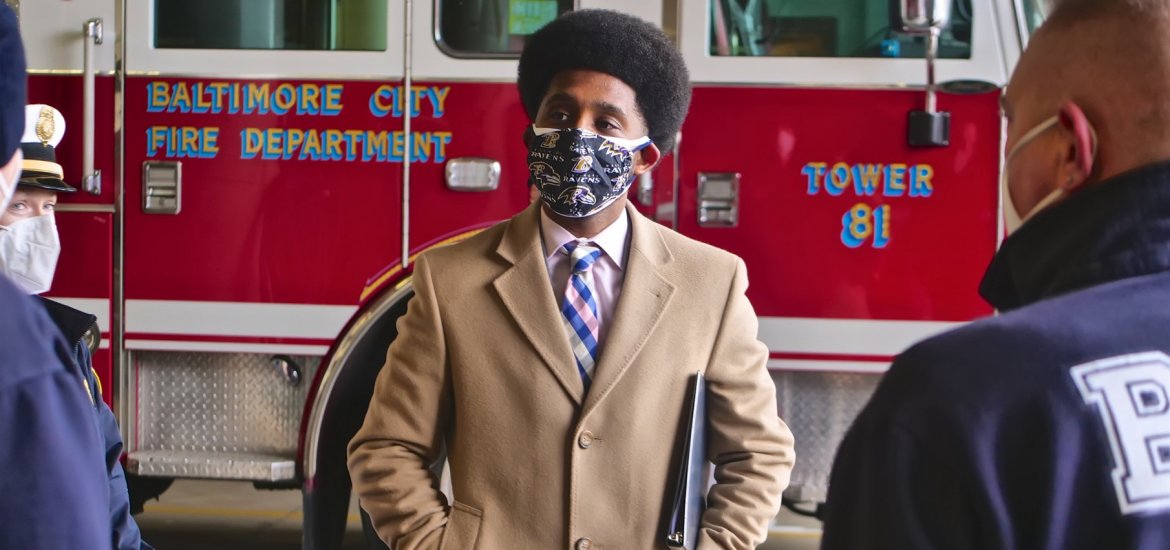|
BALTIMORE, MD (Tuesday, May 10, 2022) — Today, Director Shantay Jackson of the Mayor’s Office of Neighborhood Safety and Engagement called Baltimore residents and community-based organizations (CBOs) to apply to serve on one of the Criminal Justice Coordinating Council (CJCC) Workgroups. Reestablished by Mayor Brandon M. Scott last August, the CJCC is a partnership of senior decision-makers and elected officials who convene on a regular basis to improve the effective administration of justice and coordinate systemic responses to criminal justice issues.
In accordance with the Mayor’s CJCC Operating Plan, MONSE is working to establish workgroups to expedite and facilitate the business of the CJCC and the orderly and efficient consideration of matters coming before it. Workgroups comprised of local, state, and federal agencies (where appropriate), residents, business partners, institutions, and community-based organizations will be charged with executing projects rooted in systems change.
“To truly enact transformational and sustainable change in Baltimore, our residents must have seats at every table,” said Director Shantay Jackson, Mayor’s Office of Neighborhood Safety and Engagement. “I encourage folks to offer their expertise and services to help implement effective strategies and uphold accountability as we reimagine our approach to all facets of public safety.”
MONSE is seeking Baltimore residents and community-based organizations to serve across the CJCC’s seven designated workgroups including:
- Backlog of Cases: Reviewing causes of court backlogs.
- Domestic Violence: Domestic violence policy and prevention.
- Fines, Fees, and Restitution: Making recommendations to ensure fines are equitably imposed and enforced.
- Pre-Trial: Reimagining the entire pre-trial system.
- Public Safety Accountability Dashboard: Creating a public safety dashboard that, for the first time ever, shares integrated criminal justice data from across agencies as well as community surveys of public safety perceptions.
- Transportation: Identifying transportation gaps that lead to delays in court proceedings and other criminal justice functions.
- Warrants: Closing warrants that do not pose a public safety threat.
Each workgroup will have a minimum of five members – there is no maximum number of members – and will be responsible for selecting a Chair and Vice-Chair who will share responsibility in managing the group’s project(s). The workgroup is expected to make periodic reports to the Principal Members of the CJCC, including the Mayor, Baltimore City State’s Attorney, Police Commissioner, United States Attorney for the District of Maryland, and other state and federal partners. These reports can include but are not limited to, recommendations by the workgroup, decision-making requests of the Principal Members, and clarification/direction requests from CJCC membership. Workgroup members must attend at least 75% of all meetings.
Those with subject matter expertise and/or lived experience for any of the seven workgroups are encouraged to apply for membership by completing the CJCC Workgroup Interest Form. The form will be active from May 10 through May 27, 2022.
All questions should be directed to Ariel Liddell, CJCC Policy Manager.
|
